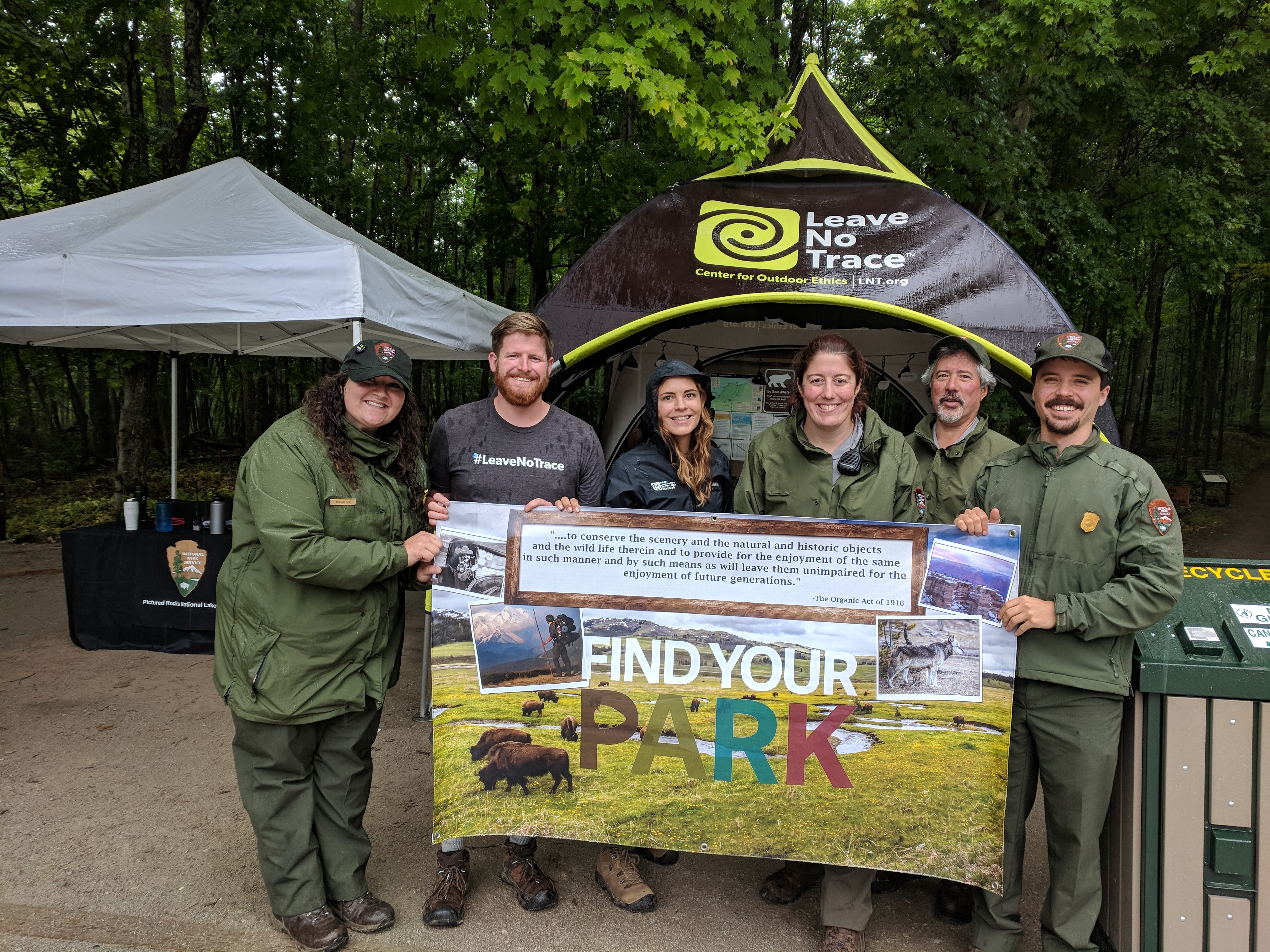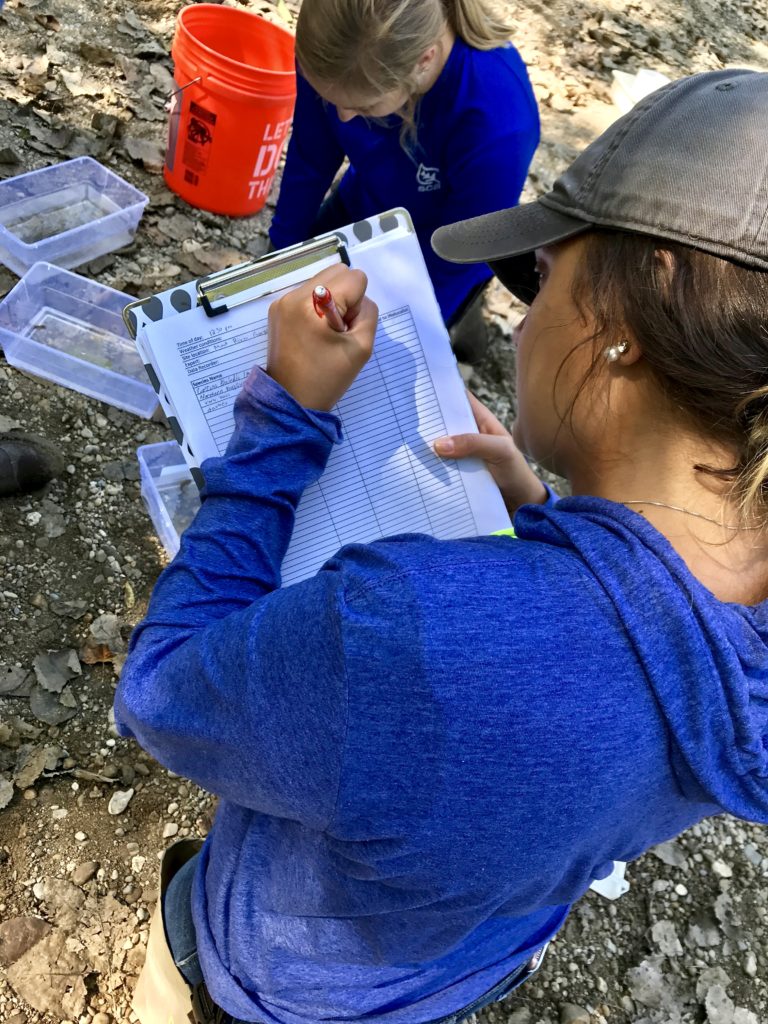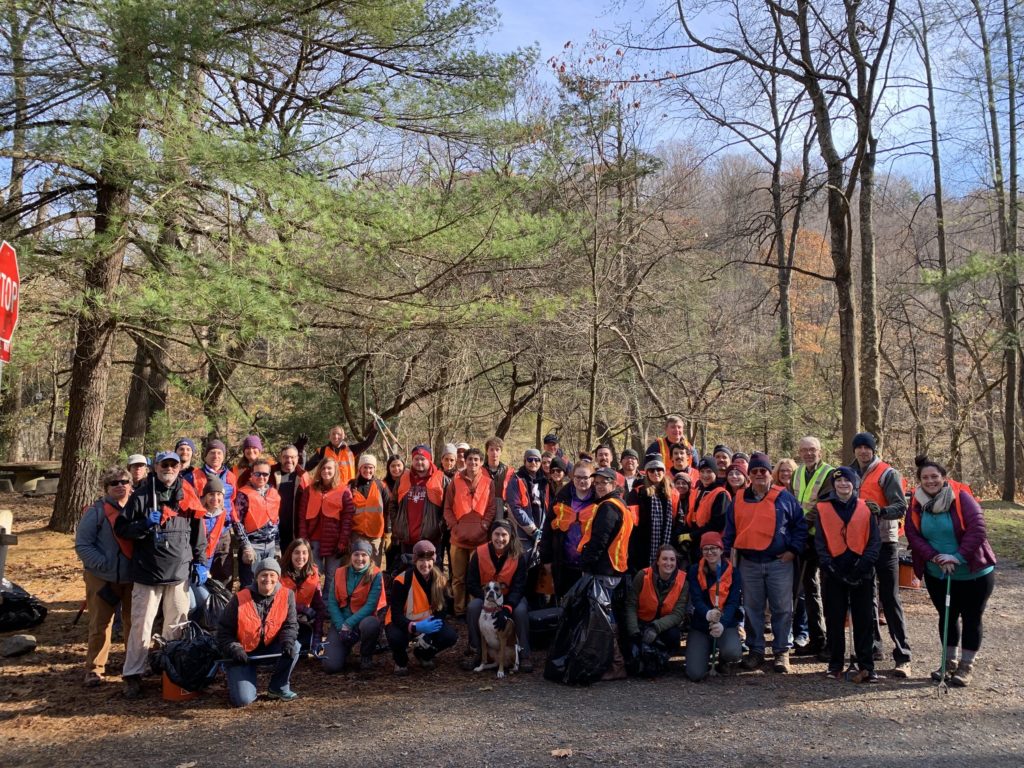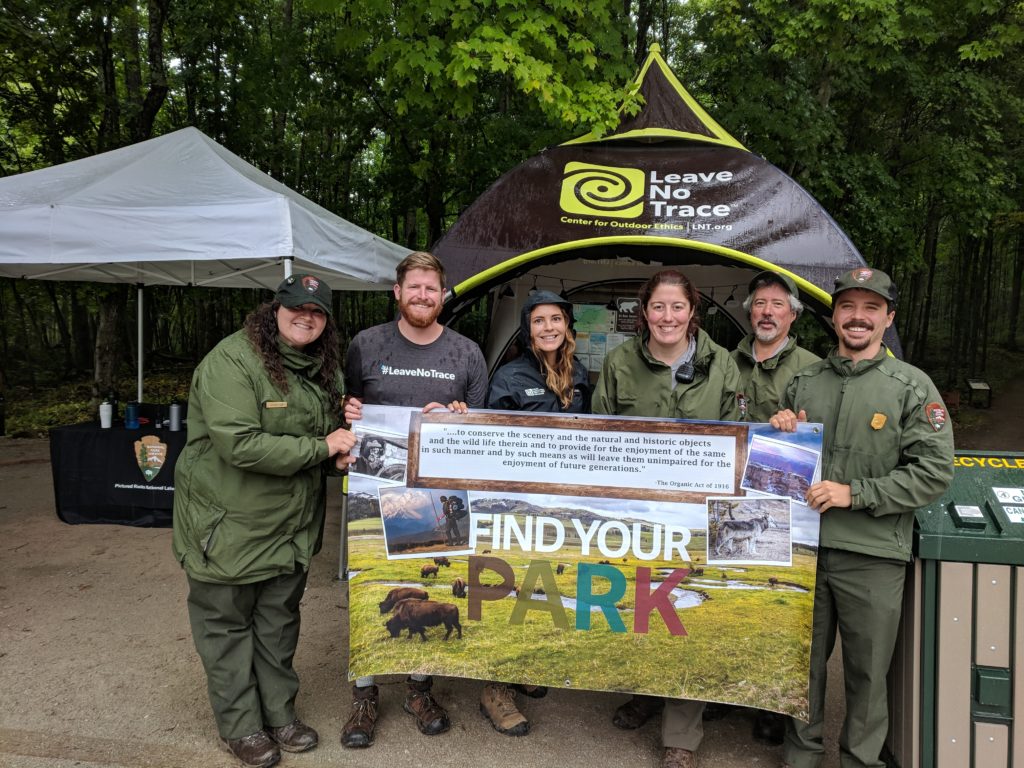Research & Education
5 Things Leave No Trace Is Doing That You Didn’t Even Know About


It’s easy to learn the seven principles and think you know everything about Leave No Trace, but classes and messaging are only a small portion of what we do at the Center for Outdoor Ethics. Today we want to highlight a few of the lesser known initiatives and programs, some of which we are sure you didn’t even know about.
Research
Did you know that all Leave No Trace recommendations are supported by peer review research and impact mitigation techniques. Not only does the center do its own research on relevant subjects but we also combine and organize information from researchers to help us all make informed outdoor decisions. Leave No Trace relies on the expertise of professionals in the fields of Recreation Ecology and Human Dimensions of Natural Resources. Currently our team is undertaking research related to humans disposing of waste in the National Park System and working with Penn State on effects of COVID-19 in the outdoors.

Tourism Offices
Leave No Trace has been actively working to partner with tourism offices and outdoor guides to educate the influx of visitors to high profile areas. An example of the good that can come out of this work can be seen in the Care for Colorado campaign created with the Colorado Tourism Office. Both online and print media were created to educate visitors on how they can protect themselves and the beautiful Colorado landscape from the moment they arrive in the state. Another component is the Care for Colorado video linked below (good luck getting it out of your head).
https://www.youtube.com/watch?v=JcY73nUhaQs
Many other state and municipal tourism entities are working closely with The Center to provide their visitors with the tools to protect nature.
International Work
The Leave No Trace Center for Outdoor Ethics has a long, rich history working with the international community. In recent years, the Center has worked with groups, agencies, academics, outfitter and guide services—as well as youth-serving organizations in over 90 countries—by sharing our resources, training and educational tools. We have conducted Leave No Trace training in many different countries, have international partners all over the world, and helped to start Leave No Trace organizations in Australia, Canada, Ireland and New Zealand.
Service Work (Cleanups)
Leave No Tracers are always willing to help support stewardship and cleanup efforts in our outdoor spaces. Want to see examples for yourself? Check out the incredible work we were able to do in partnership with local volunteer groups and REI in support of their #Optoutside campaign. This effort took place at 8 locations nationwide that logged over 3700 volunteer hours and removed about 9,000 lbs of litter.

There’s no time like the present to get more involved yourself and give back to places you care about. Sign up for volunteer opportunities in your area and Leave No Trace will email you when there are service opportunities in your area.
Scholarships
We know, you have probably checked the course calendar and wondered how you could become a Leave No Trace Master Educator. Though these 5 day courses are pretty affordable, cost can still be a factor for many individuals looking to teach Leave No Trace more regularly. Worry no more, The Center has you covered with Master Educator Scholarships. These scholarships are awarded a few times per year to individuals all across the United States with the aspiration to learn more about teaching minimum impact practices.
We are currently accepting scholarship applications through May 1st that can be applied to any of our certified Master Educator course providers. If two weeks aren’t enough for you, the final round of scholarships applications for the year will close on July 1st.
Hot Spots
The Hot Spot program is most likely the most well known item on this list but it still deserves a mention. Wondering what a Hot Spot is? Hot Spots identify areas suffering from severe recreational impacts that can thrive again with Leave No Trace solutions. Each location receives a unique, site-specific blend of programs aimed at healthy and sustainable recovery. This program has grown in size and complexity since its inception only 5 years ago.

As of January 2020 the Center has completed over 100 Hot Spots, engaging communities in the protection of beloved local outdoor spaces. In 2019 alone, Hot Spots resulted in 1354 volunteer hours and over 8,000 pounds of trash removed and hundreds of public land stakeholders educated. If you are interested in reading more about our Hot Spot work look no further than the 2019 Report detailing the scope and education efforts that went into making the year a success.
As we enter into another season full of Hot Spots, check out whether there’s a Subaru/Leave No Trace Team coming to a park or protected area near you and how you can get involved. You can also donate directly to the Hot Spots program and keep an eye out for 2021 nominations.
Related Blog Posts
Let’s protect and enjoy our natural world together
Get the latest in Leave No Trace eNews in your inbox so you can stay informed and involved.

